I have a .NET Core 2 app template that is configured to use Azure AD out of the box.
The configuration is:
{
"AzureAd": {
"Instance": "https://login.microsoftonline.com/",
"Domain": "lautaroarinolive.onmicrosoft.com",
"TenantId": "67cb2dfd-ebd5-40d8-829b-378340981a17",
"ClientId": "50819a7a-e018-4c1d-bf0a-18c8fce5c600",
"CallbackPath": "/signin-oidc"
},
"Logging": {
"IncludeScopes": false,
"LogLevel": {
"Default": "Warning"
}
}
}
In my portal, I have an Azure app registration with the same id as ClientId. It has the reply URL [APP-URL]/signin-oidc.
The localhost app works only if I set the reply URL to [LocalhostURL]/signin-oidc, even though I've learned that the configuration should not affect log in on localhost.
The Azure app does not work in any case.
In both apps when it doesn't work I get this error:
AADSTS50011: The reply url specified in the request does not match the reply urls configured for the application: '50819a7a-e018-4c1d-bf0a-18c8fce5c600'
Is it correct that a localhost app should not need a configured reply URL?
Why do I get the "reply url not configured" error?



